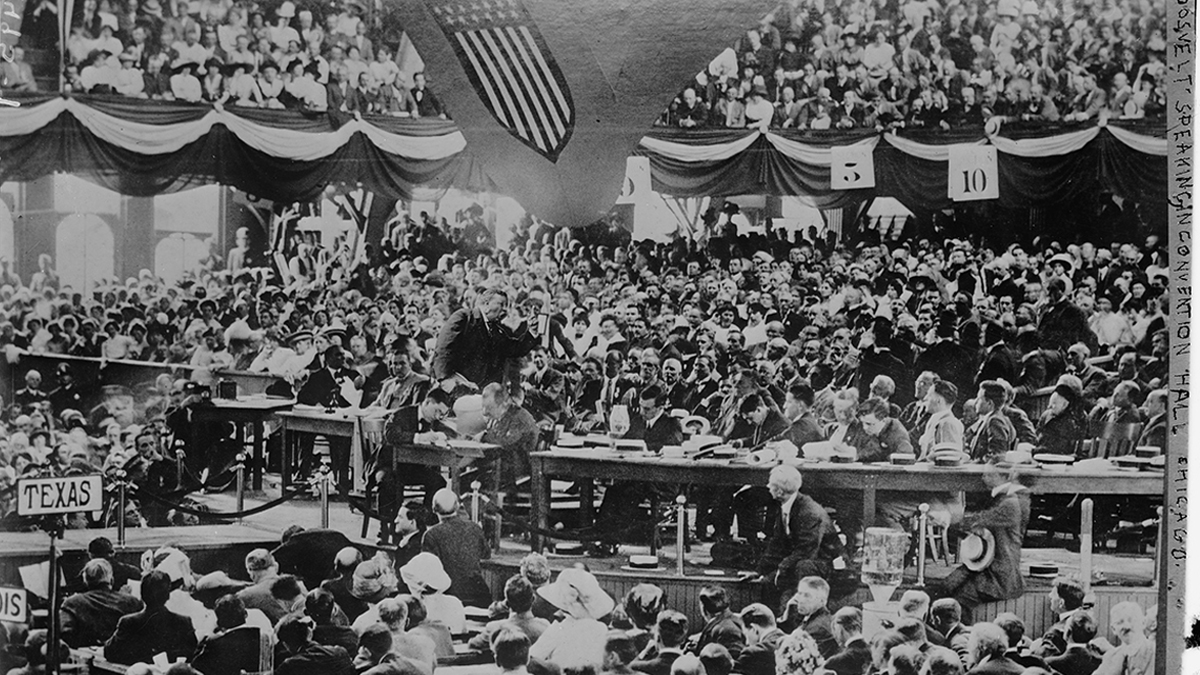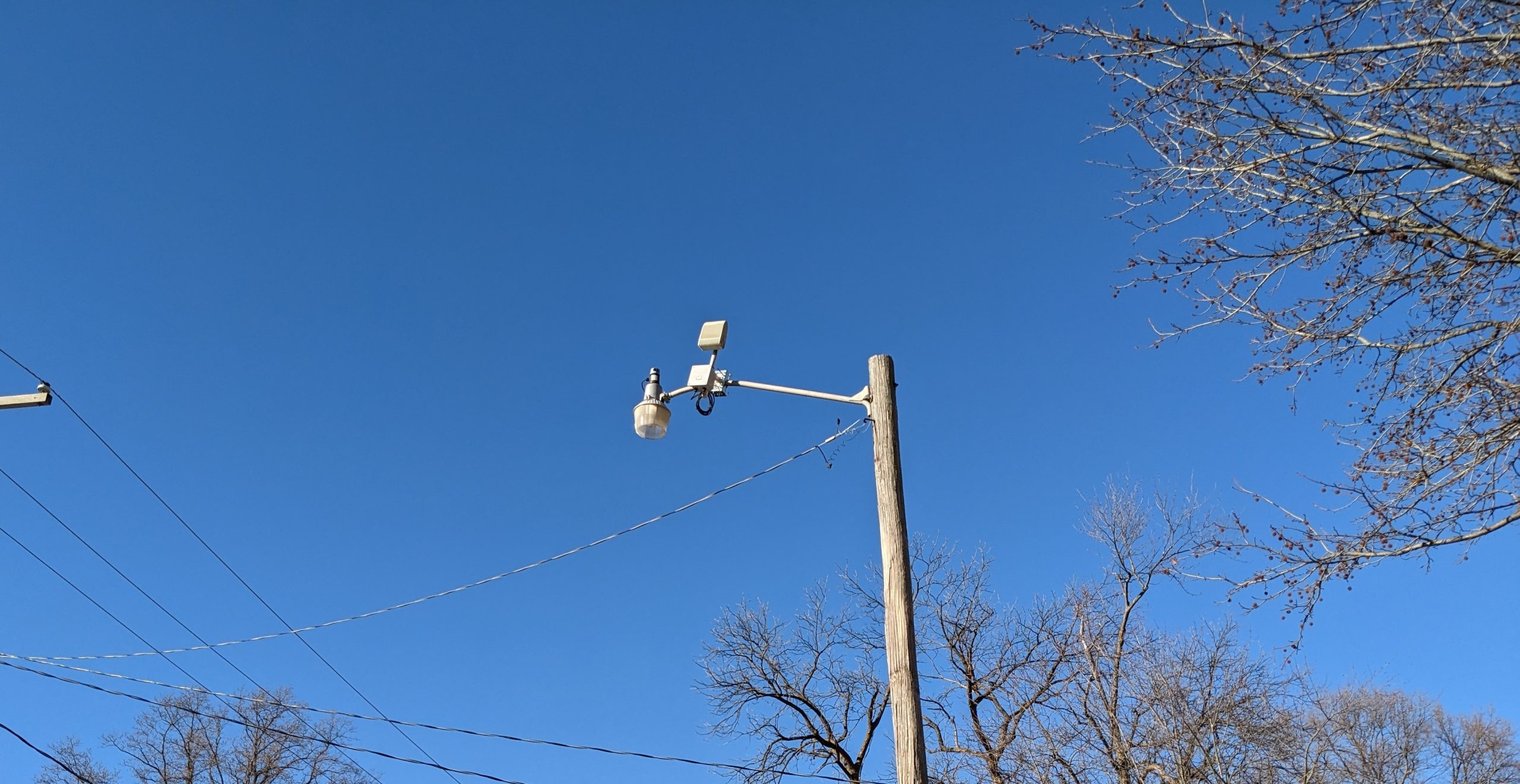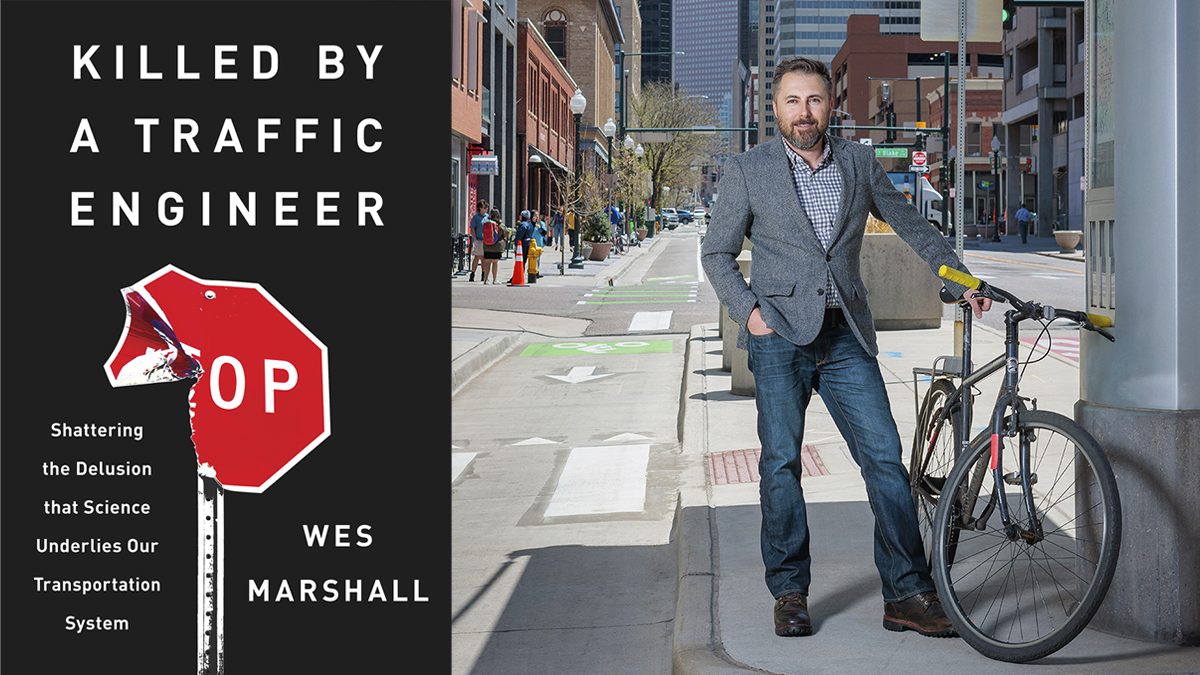Investigative journalist Julia Angwin is a former reporter for the Wall Street Journal, where she was part of a team that won a Pulitzer Prize for exposing corporate corruption. Now at the New York-based nonprofit journalism center ProPublica, she’s been writing about the expansion of corporate and governmental surveillance, and the concomitant loss of individual privacy. The U. of C. alum’s sold-out Chicago Humanities Festival lecture “Citizens Under Surveillance” will draw on her 2014 book Dragnet Nation: A Quest for Privacy, Security, and Freedom in a World of Relentless Surveillance.
What does the term “Dragnet Nation” mean exactly?
We’re living in a world where we’re always being watched. Our devices are sending information about us, there are cameras everywhere, the government is surveilling us. My book is an exploration of what this means. I tried to remove myself from the dragnet, to see whether there was a way to get out of it without, like, moving to the woods.
Did that work?
It was a mixed bag. There are some very basic things that I realized I could do better—like using strong passwords and up-to-date software, and not clicking on the phishing e-mails. But there were a lot of things that I could not get out of. For instance, there are all these companies that collect information about you. They’re called data brokers. They buy publicly available information, and your magazine subscriptions, and your property records, and they make them into a package and sell them to anyone who wants them.
Who are these companies selling our information?
A lot of the names you wouldn’t necessarily know—Acxiom is one of the big ones. But you would see their data if you’ve ever googled your name. All the websites that sell information about people buy it from the data brokers. And this industry does not have any obligation to the consumer. They do not have to remove your information. There’s no requirement that they give you an opt-out. They do not have to correct your information if it’s wrong. They do not have to let you see your information. We’re one of the only Western nations without a baseline privacy law that says commercial data gatherers must give you access and correction rights.
What did you discover about cell phones?
You’ve seen stories about apps stealing your data or your contact list? My cell phone could send off all sorts of information about me without me knowing. And retailers, shopping malls, even cities, are using the WiFi signal from your phone to track you. I tried all sorts of measures, I used a burner phone, I used privacy-protecting software, which was painfully slow, and I eventually realized that there wasn’t much I could do. The phone was just going to be a tracker.
And cookies?
A website assigns you a tracking number–that’s what a cookie is. The question is how many other websites they’re sharing it with. Most online tracking involves huge networks, and every time you go to one of those websites, you’re identified by that number, so they have a dossier of your browsing activity across a huge swath of the Internet. I installed software to see how many of these guys were tracking me. The shocking thing is that there were Web pages where there were more than 50 separate companies tracking my movement on one Web page.
You couldn’t stop them?
There are blocking technologies—the ones I would recommend right now would be Privacy Badger or Ghostery. But blocking ad tracking is an arms race: the companies that block it are always a step or two behind the companies that are finding new ways to track you.
So you were basically trapped?
There were some positive things. Like I quit using Google search. That was much easier than I thought. I use something called DuckDuckGo. They don’t store any information about what you’re searching for. When you’re typing your search in, it doesn’t actually fill in the rest of the words for you the way Google does. And I stopped using Gmail. I switched to a privacy-protecting e-mail called Riseup [riseup.net] that I really like. So I found some options. That’s why I say it’s a mixed bag: there were some things I could do, and there are some areas where we just don’t have a legal infrastructure or a technical infrastructure that supports privacy.
What can we do about that?
We need to think about how, with all these great technological advances, we can minimize the downside. In some cases that might be a legal remedy. For instance with the data brokers, I don’t see why we couldn’t have the same kind of baseline privacy rights that every other Western nation has. And in some cases—like phones—it could be more like a technical demand, which is that we should have the right to see where our data is going.
Which is the worse threat, government or big business?
Everybody asks me that. It’s a hard question, because government can throw you in jail. Google can’t do that. But Google has everything I’ve ever done, until I stopped using them. Up until that point, they had every e-mail, every Web search, my phone location, all my calls—there is nothing about my life that couldn’t be deconstructed through that. And as a company inside the United States, they have an obligation to respond to the government. If the government comes to them and says I want Julia’s data, they have to give it over. It’s a little bit of a cop-out answer, but I do think the distinction is not really that clear. Once the company has that information, the government ends up getting it.
Where does that leave us?
I’m not saying it’s all terrible. I’m in favor of surveillance to catch criminals. But you don’t have to surveil every single citizen to do that. Traditionally you needed probable cause in order to start surveilling someone, or a reasonable suspicion that they’ve committed a crime. I think the technology has made it really easy for government to sweep up everything and be like, “OK, then we’ll find the crime.” That changes the balance of power between the citizen and the state, and it’s something we need to think about. Do we want to give the government so much information about us that there’s always something they can use against everybody?
Citizens Under Surveillance, Sat 10/31, 10:30 AM, Fourth Presbyterian Church of Chicago, Buchanan Chapel at the Gratz Center, 126 E. Chestnut, chicagohumanities.org, sold out.







